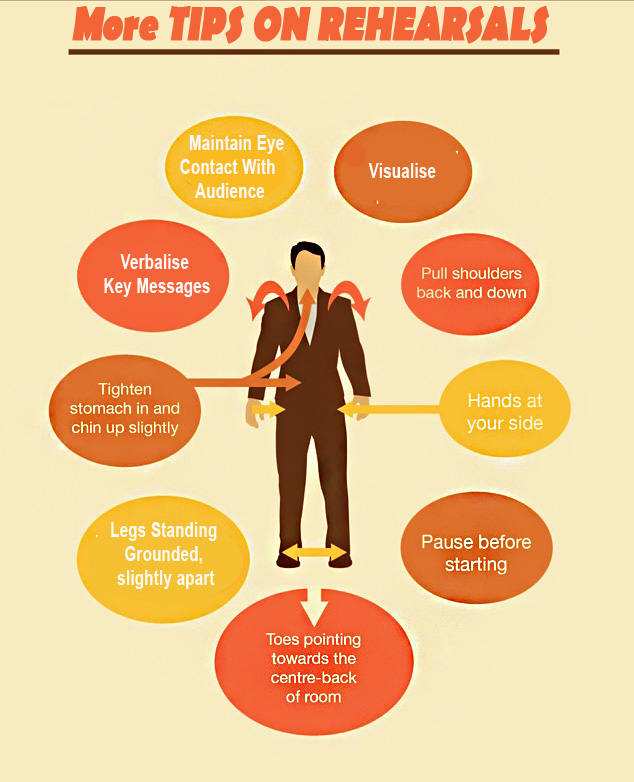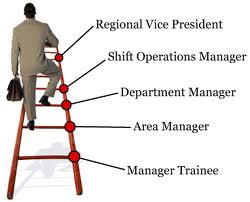Are You Thinking Of Attending A Public Speaking Course In Singapore or Malaysia?
Don’t attend any public speaking course in Singapore or any Singapore Toastmasters Club Course until you have read these 5 Tips On How To Speak Publicly and Improve Your Public Speaking Skills :
5 TIPS TO IMPROVE YOUR PUBLIC SPEAKING SKILLS
The first thing to know about improving public speaking skills is that there are many successful speakers who never started off as naturally gifted public speakers. Everyone acquires the ability through the same process of preparation, repetition and control – in short PRACTICE. Even 2nd World War Leader Winston Churchill, who was famous for his war rally speeches, was was not born a great orator. It is reported in history that Winston Churchill had a slight stammer and a lisp when he was young. He compensated by investing in hours and hours crafting his speeches, practicing and perfecting each word.

It is very important to recognize that public speaking is not a terror to be shunned, but an opportunity to be seized. Most Singapore or Malaysia training courses in Public speaking Skills will teach you that Presentation Skills are all about persuasion of human beings by being connected with your audience and engaging them.
A Little Known Secret About Steve Jobs, one of our most awesome public speakers and innovators of our generation (watch the keynote speech by Steve Jobs and then his presentation secret is revealed below):
The Presentation Secret of Steve Jobs is this : Steve Jobs spends at least 2 days on presentation and public speaking practices and rehearsals, after he has prepared his keynote speech.
Online Public Speaking Lesson (Singapore) 1 : How much time do you spend on preparation versus rehearsals? When you start adjusting and allocating more time for your presentation rehearsals, you are on your way to experiencing more success with public speaking
You use public speaking to gain something you want. It does not matter if you are attempting to sell a product or persuade an audience as to how compelling your viewpoints are. The best outcome of any public speaking engagement is a win-win between you and your audience. You have implanted your ideas on fertile ground, you have picked up sales orders or gained customers. You can win and make your life much better by mastering the basics of public speaking.
• Key Messages are a critical success factor in successful public speaking. Figure out what you want to say, not every last word but every last concept you wish to touch upon. Leave nothing out and avoid any ad libs until you have mastered the craft enough to safely deviate from your notes without clouding your intended message. If you are not clear what you want to say, chances are your audience won’t either! And they won’t take a long time to find out.
Online Public Speaking Lesson (Singapore) 2 : Decide what your key messages are and plan your hooklines, stories and plot around your key messages.
Whether you attend a Singapore public speaking training course by British Council of Singapore, or join several Singapore Toastmasters Clubs, or enrol yourself in the Speech Academy of Asia, you are likely to be advised of the importance of key messages and rehearsals.
To join the exciting Public Speaking Training Programme by 36 HR Training & Consultancy, please check below :
►► Public Speaking Workshop (Singapore & Malaysia) – Impactful Presentations
• Budget your time. You must know how long you will be speaking. There is nothing worse than awkwardly trying to stretch out a five minute speech except perhaps trying to squeeze a long speech into a short window.
Online Public Speaking Lesson (Singapore) 3 : Most audiences will be grateful if you end slightly earlier than scheduled especially in a long day of public speaking seminars.
• If possible, visit the speaking venue in advance. Stand on the stage and look out over the arena. Test the equipment and sound system. The more familiar you are with the venue, the more comfortable you will be when it comes time to actually deliver.
Online Public Speaking Lesson (Singapore) 4 : Tap on the power of visualisation – it’s a very powerful public speaking technique which you must incorporate into your rehearsal/preparation. Many successful salesmen practise visualisation before they actually speak to clients to enhance their chances of success.
• Practise your speech in front of a mirror so you can judge if your technique, body language and gestures are awkward or distracting. Do it again and again until you find that you do not need to use your notes at all. They will be there to catch you if you fall or stumble, but the plan is to carry on without them.
Online Public Speaking Lesson (Singapore) 5 : Rehearse using this technique called Verbalisation. It’s like your body muscles – you need to repeat your exercises before your arm muscles start toning. Likewise you need to exercise your mental and vocal muscles. You may verbalise key messages only if you are running out of time.
If you like this coaching article on Public Speaking Techniques, you will also like the following Online Resources/Courses on How To Improve Your Public Speaking Tips :
►►Coaching Stories on Public Speaking Techniques – How To Speak Confidently
►►More Tips To Improve Your Public Speaking Skills
►►7 Minute Guide To Presentation Skills
►► Attend A Public Speaking Course For Free – Learn How To Speak Like Steve Jobs
►►5 Power Tips To Overcome Fear of Public Speaking – Try Them!
You can sign up for a 1-to-1 Coaching Programme to improve your presentation skills, or sign up for an exciting 2-Day Public Speaking Training Course in Singapore by 36 HR Training & Consultancy :















 The moment you ask any questions – it’s the audience natural response to answer them, even in their minds. For eg, for my public speaking courses teaching people how to overcome their fears, the opening questions I ask will be : “Do you know what is mankind’s greatest fear?” “Do you know that many people would rather die than to speak publicly?” “How many today are interested to conquer mankind’s greatest fear?
The moment you ask any questions – it’s the audience natural response to answer them, even in their minds. For eg, for my public speaking courses teaching people how to overcome their fears, the opening questions I ask will be : “Do you know what is mankind’s greatest fear?” “Do you know that many people would rather die than to speak publicly?” “How many today are interested to conquer mankind’s greatest fear?























